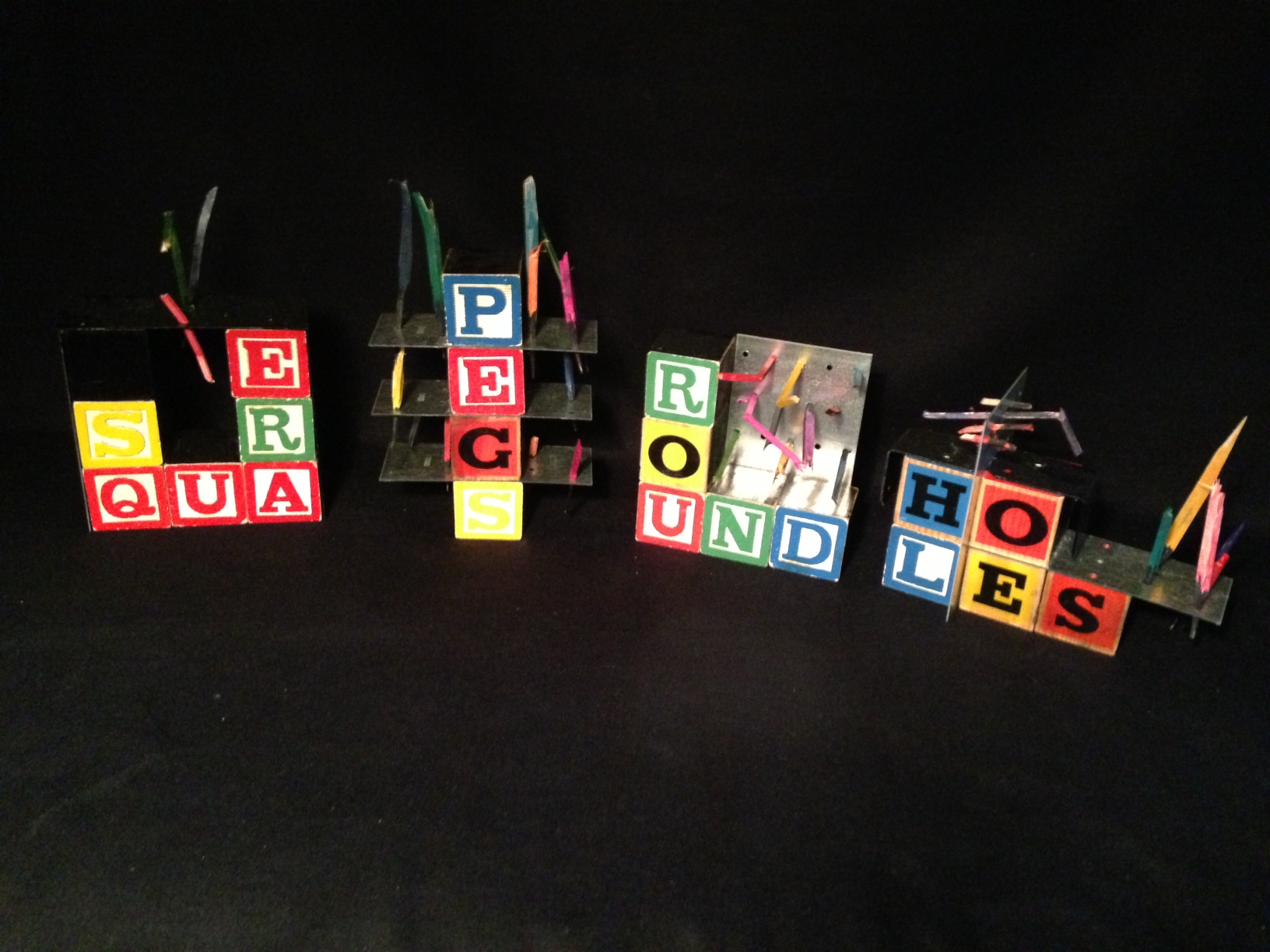Dyslexia Early Indicators
Dyslexia Early indicators include the following:
- Speaking later than other kids his age.
- Your child adds new words very slowly to her vocabulary.
- Rhyming may be difficult for your child.
- Difficulty identifying and recognizing printed letters and words.
- Mispronouncing words
- Your child’s reading ability is below the standard level expected for the age group.
- Difficulty understanding instructions
- Your child may have difficulty processing and understanding auditory remarks and may find it hard to follow more than one set of commands at a time.
- He or she may not recognize differences and similarities between letters, words, and numbers.
Some children also display these Dyslexia Early Indicators:
- clumsiness or awkwardness in large muscle activities (running, hopping, skipping, playing games, sports)
- difficulty with or avoidance of holding a pencil, coloring, learning to write, working puzzles, or with any small muscle coordination activity
- uncertainty of preferred handedness
- avoidance of or difficulty with recognizing or recalling own name, letters of the alphabet, or words that are taught
- lack of desire or outright avoidance of learning to read or write or to listen to stories read to them
School-age children also display some or all of the following Dys:
- difficulty learning to read, despite being verbal and interested listeners
- confusion with sequencing letters in words or in spelling
- unreliable sense of direction: left/right, up/down, before/after; confusion sequencing days of week, months of year, etc.
- mispronunciation or transposition of syllables for reading or spelling
- guessing at words when reading aloud, or skipping over them with
- inability to sound words out
- difficulties with comprehension
Written expression
- inability to express complexity of thought in writing
- illegible writing or misformed letters
- difficulty spelling
- below grade level in language skills: reading, spelling, writing, and verbalizing; succeeding in reading but still misspelling
- miscall words: thing for night, procession for processing, achieve for archives, etc.
- avoidance of reading for pleasure
- continued performance below grade level
- failure to measure up to academic progress commensurate with intelligence or possibly to attain no more than grade level achievement
Math
- difficulty with mathematics, reversal of digits, transposition of numbers: 41 for 14, 325 for 523, etc.
- inability to recall sequential steps in mental arithmetic or follow written directions
Other associated issues
- development of negative emotional, behavioral and/or attitudinal problems due to inadequate academic performance
- loss of self-esteem and self-confidence due to various problems associated with difficulties in acquiring language skills
- family history (parents, siblings, other family members) of difficulty reading, writing, and/or math

